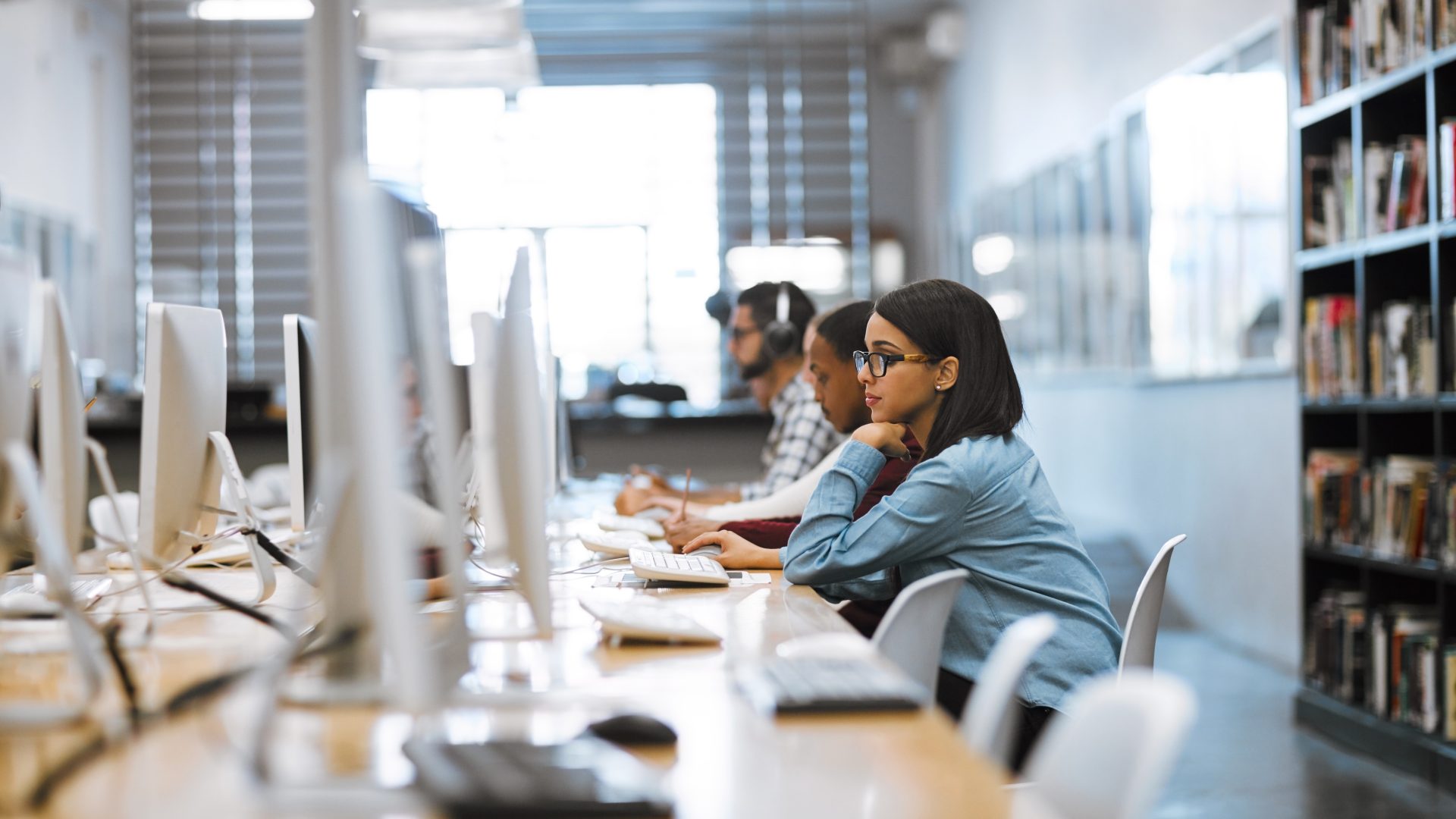
An internet for everyone
This article discusses Demos’ all-star panel discussion with Good Things Foundation which looked at internet access in our society, last month. The event launched Shade Nathaniel-Ayodele’s Data Poverty Lab report exploring whether the internet was a human right or an essential utility; we heard from Co-Investigator Dr. Emma Stone about the Minimum Digital Living Standard; and we had comment from Chi Onwurah MP, the Shadow Minister for Business, Energy, and Industrial Strategy.
What have you done today?
You have (probably) woken up, eaten breakfast, and got ready for work – taking a quick look at your calendar to see what’s ahead. You might have checked the news, and you’ll almost certainly have seen what is going on on Instagram, Twitter, or TikTok. And it would be surprising if you’ve not got at least one meeting, either Zooming in from home or joining colleagues for a hybrid call at your workplace.
Your day may not look quite like this. Your job could take place in an office, a restaurant, a warehouse or a hospital – we would be here for years if we listed them all. But there are some commonalities in how we all start our days. Each of us will, in some way, have used the key, essential utilities – energy, water, and the internet.
That last sentence might be a little surprising to you. But think again about how often you use the internet – directly or indirectly – for essential services, employment, education and entertainment each day. The internet plays an integral role in our economy and society, drastically different even from its role twenty years ago.
“The internet should be a right, not a privilege… [That] means providing people with the skills and the confidence to use the internet, as well as the infrastructure.” – Chi Onwurah MP
In our event together a couple of weeks ago, we were delighted to welcome Chi Onwurah MP, Shadow Minister for Science, Research and Innovation to our panel discussion. She highlighted how access to the internet should be treated as a right, rather than a privilege. This is a view shared by Shade Nathaniel-Ayodele, a Fellow for the Data Poverty Lab. Shade’s report explored whether the internet should be treated as a human right or a utility. Her conclusion? It’s both.
The two issues are intertwined. It’s crucial that we keep sight of – in a world where human rights are increasingly under threat – how internet access allows us to enjoy and uphold those rights: from access to information; to security; to our rights to healthcare; and much more. Indeed, cutting off internet access has become a go-to move by authoritarian governments around the globe.
But treating it as a utility is helpful too – it helps us to crystallise our expectations about how(not if) people should be able to access the internet daily: that good, affordable internet access is important, just like access to energy or water.
However, recognising internet access as a right, or a utility, is the first part of the battle. To truly make data poverty a thing of the past we need more than a commitment – we need a plan.
A good example of this is what the Minimum Digital Living Standard project team have been working on: a plan for a basic, minimum standard – the Minimum Digital Living Standard (MDLS) – that determines what’s necessary for people to feel included in the digital world.
The MDLS has been designed with households with children to work out what they think a basic standard should be. The project utilises a very similar methodology to the Minimum Income Standard, which underpins the work of the Living Wage Foundation.
By working directly with households, the team is able to establish what people’s priorities are. And sometimes these priorities will clash with policymakers’ assumptions. For instance, we might think of services like email as ‘essential,’ while leisure services like Netflix are a luxury. But the initial research findings show that households agree that people should have access to one streaming service and one gaming service.
When establishing ‘minimum standards,’ there is a tendency sometimes to assume that people think this should only be limited to healthcare, education, and work. But the MDLS team have shown that people associate internet access with enabling a much broader range of human rights and social goods as well as personal wellbeing. People value the internet: they see it as more than a cold, hard tool for business purposes alone – or as something which, despite policy focus over the last few years, primarily represents a threat to their safety.
When we champion basic standards – whether they be for internet and digital access, for healthcare, or for benefits – we need to remember that life should be rich with opportunity, with joy, and with freedom. Basic standards are a minimum, but that shouldn’t be the end of our collective ambitions to ensure people are digitally included.
